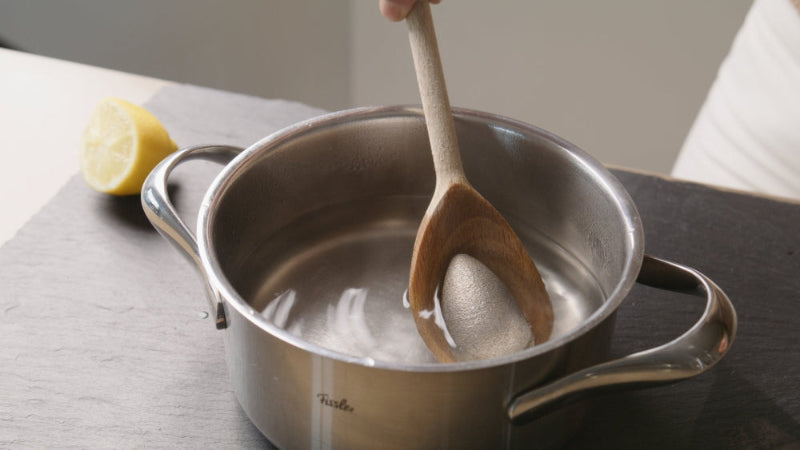
“My Ferritin Is Normal - But I Still Feel Awful” - Why You're Not Alone
Share
“I had every symptom in the book… but my doctor said I was ‘normal.’”
Sound familiar?
If you’ve ever been told your iron levels are “normal” — but you still feel exhausted, foggy, and flat — you’re not imagining it. You might be one of the many people stuck in what we call the “ferritin gap”: not technically anemic, but nowhere near optimal either.
The Ferritin Trap: Normal ≠ Optimal
Ferritin is a protein that stores iron in your body. It’s the most reliable marker of iron reserves, yet the way it’s interpreted can be misleading.
Here’s the general breakdown:
- Low: Less than 15 ug/L
- Borderline: 16–40 ug/L
- Normal: 41–400 ug/L
Sounds simple, right? But here’s the issue…
Most people — especially women — feel far from normal when their ferritin is below 30.Studies and real-world experience show that symptoms like fatigue, hair thinning, cold hands, palpitations, low mood, and breathlessness often show up well before you hit the official “deficiency” threshold.
“But My Blood Test Was Fine…”
Your doctor might say everything looks okay. And technically, they’re not wrong — because guidelines only flag dangerously low levels. But your body might already be struggling.
If your ferritin is anywhere in the borderline range — say 17, 22, even up to 30 — and you’re experiencing classic symptoms, trust your body.
Why Iron Supplements Often Fail
Even when iron deficiency is acknowledged, many people run into another issue: the supplements make them feel worse.
Common complaints include:
- Nausea
- Constipation
- Stomach cramps
- Bloating
- No noticeable improvement
That’s because many iron supplements are hard on the stomach and poorly absorbed — especially if taken with food, calcium, or caffeine.
A Gentle, Natural Alternative: The Iron Egg
If you’ve hit a wall with pills, The Iron Egg offers a different path. It’s a cast iron cooking tool that infuses your food with absorbable iron — naturally, through your meals.
- No nausea
- No constipation
- No synthetic additives
- Backed by clinical research and history
You simply cook with it — soups, curries, pasta, rice, stews — and absorb small, steady amounts of iron the way our ancestors did for centuries.
What You Can Do Now
- Ask for your actual ferritin number — don’t settle for “you’re fine.”
- Listen to your symptoms — not just your labs.
- Try a food-based iron option like The Iron Egg.
- Support absorption — pair iron with vitamin C, and avoid calcium/tea with meals.
Final Thought: You’re Not Imagining This
Low iron can quietly drain your energy, clarity, and mood — but you don’t have to settle for “normal” if you still feel awful.
The Iron Egg can help you restore your levels gently — one meal at a time.

